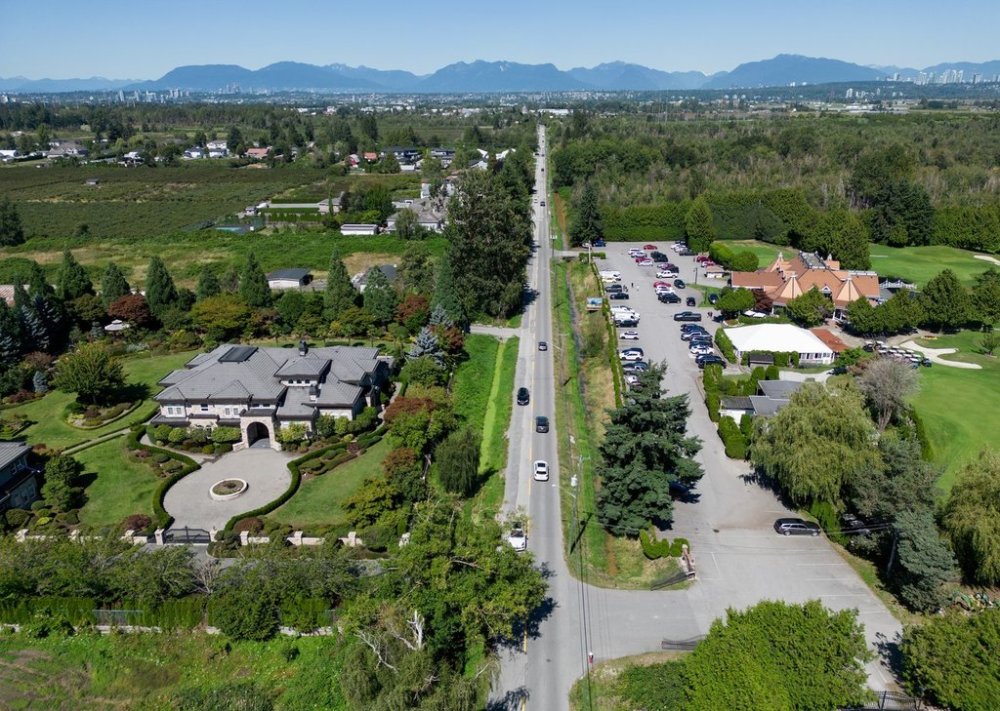Panicked B.C. citizens could learn from Naawi-Oodena
Advertisement
Read this article for free:
or
Already have an account? Log in here »
To continue reading, please subscribe:
Monthly Digital Subscription
$0 for the first 4 weeks*
- Enjoy unlimited reading on winnipegfreepress.com
- Read the E-Edition, our digital replica newspaper
- Access News Break, our award-winning app
- Play interactive puzzles
*No charge for 4 weeks then price increases to the regular rate of $19.95 plus GST every four weeks. Offer available to new and qualified returning subscribers only. Cancel any time.
Monthly Digital Subscription
$4.99/week*
- Enjoy unlimited reading on winnipegfreepress.com
- Read the E-Edition, our digital replica newspaper
- Access News Break, our award-winning app
- Play interactive puzzles
*Billed as $19.95 plus GST every four weeks. Cancel any time.
To continue reading, please subscribe:
Add Free Press access to your Brandon Sun subscription for only an additional
$1 for the first 4 weeks*
*Your next subscription payment will increase by $1.00 and you will be charged $16.99 plus GST for four weeks. After four weeks, your payment will increase to $23.99 plus GST every four weeks.
Read unlimited articles for free today:
or
Already have an account? Log in here »
The mayor of Richmond, B.C. caused a panic when he wrote a letter to 150 property owners in the city last week.
“Please take note that the recent B.C. Supreme Court decision of Cowichan Tribes v. Canada, made some very important decisions which could negatively affect the title to your property,” Mayor Malcolm Brodie wrote.
“The court has declared Aboriginal title to your property, which may compromise the status and validity of your ownership.”

Nothing could be further from the truth, but the letter caused anxiety throughout British Columbia anyway.
During a trip to the West Coast this past weekend, the situation in Richmond was all people wanted to talk about.
It’s something people in Manitoba have already experienced — and learned from.
In August, B.C. Supreme Court Judge Barbara Young granted Quw’utsun (Cowichan Nation) title over 7.5 square kilometres of riverfront land within the city of Richmond. The Crown now must negotiate “for the reconciliation of their Aboriginal title.”
In her decision, Young said her recognition of the land title of the Cowichan does not “displace private owners” (also called “fee simple” owners) but, rather, orders a negotiation process to begin.
The mayor of Richmond didn’t care much about that, though.
When Brodie wrote to owners about the affected properties in the area, he may as well have said: the big bad native people are coming, so watch out for your home, your livelihood and everything else.
B.C. Premier David Eby has said the province is working with the City of Richmond to appeal the decision.
These kinds of decisions are taking place all across B.C. as the province comes to grips with the fact the Crown never pursued treaties past the Rocky Mountains. All of the province is illegitimately occupied and legally unceded.
This has resulted in some modern treaties, such as for the Nisga’a, Tsawwassen, Maa-nulth and Tla’amin — or interesting anomalous situations, such as when former prime minister Justin Trudeau recognized Haida Gwaii as “Haida Aboriginal title” during his final week in office.
Indigenous title and Canadian title have found ways to coexist. Yet, the fear-mongering continues.
In all of these cases, Indigenous title and Canadian title have found ways to coexist. Yet, the fear-mongering continues.
Manitoba learned this when the former Kapyong Barracks, a 64-hectare site on Route 90 bordering the River Heights and Tuxedo neighbourhoods in Winnipeg, was given to the seven First Nations who constitute Treaty 1. All were owed land that was never provided under the terms of the original 1870 agreement.
After a long court battle and negotiation, a deal was forged to hand over the area in 2019. In 2022, the land was designated an urban reserve and planning begun.
In the midst of all of that was a great deal of paranoia, anxiety and misinformation about what would happen to one of the most affluent areas of Winnipeg. Over the years, fears (based, frankly, on long-standing stereotypes) ran rampant that gang houses, meth labs or a drug rehab clinic would pop up.
Manitobans now know that Naawi-Oodena represents a gas station (one of the few in the area, in fact) and — what will one day be — kilometres of green space, a multi-use sport complex, 1,000 residential units, 750,000 square feet of commercial space and nearly $100 million in infrastructure.
In other words: Treaty 1 came, saw and created a space for all citizens to enjoy.
It’s a lesson citizens in Richmond, B.C. will now learn, too.

“This case was never about challenging the fee simple with respect to privately owned lands,” said David Rosenberg, lead counsel for the Cowichan Nation.
“The case was brought against the Crown for return of public lands that were wrongfully taken…. We have a decision that now recognizes that Aboriginal title and fee simple interest can and do coexist.”
The negotiations to sort all of this out will take years, maybe even a lifetime. There is even another First Nation, the Musqueam, disputing the Cowichan claim.
There is no easy solution to this complicated situation.
A long negotiation could produce many things, such as a form of “co-government” between the Cowichan and the City of Richmond, a shared tax revenue system or the simple offer of land or money as compensation for loss.
It won’t involve Canadians being kicked out on the street.
There is a lot of uncertainty, but it’s far better than the huge mess of having no clarity regarding the thousands of Indigenous land claims throughout B.C.
That’s not to mention the deep harm and division that’s created when fear and anxiety confuse and create misinformation.
niigaan.sinclair@freepress.mb.ca

Niigaan Sinclair is Anishinaabe and is a columnist at the Winnipeg Free Press.
Our newsroom depends on a growing audience of readers to power our journalism. If you are not a paid reader, please consider becoming a subscriber.
Our newsroom depends on its audience of readers to power our journalism. Thank you for your support.









